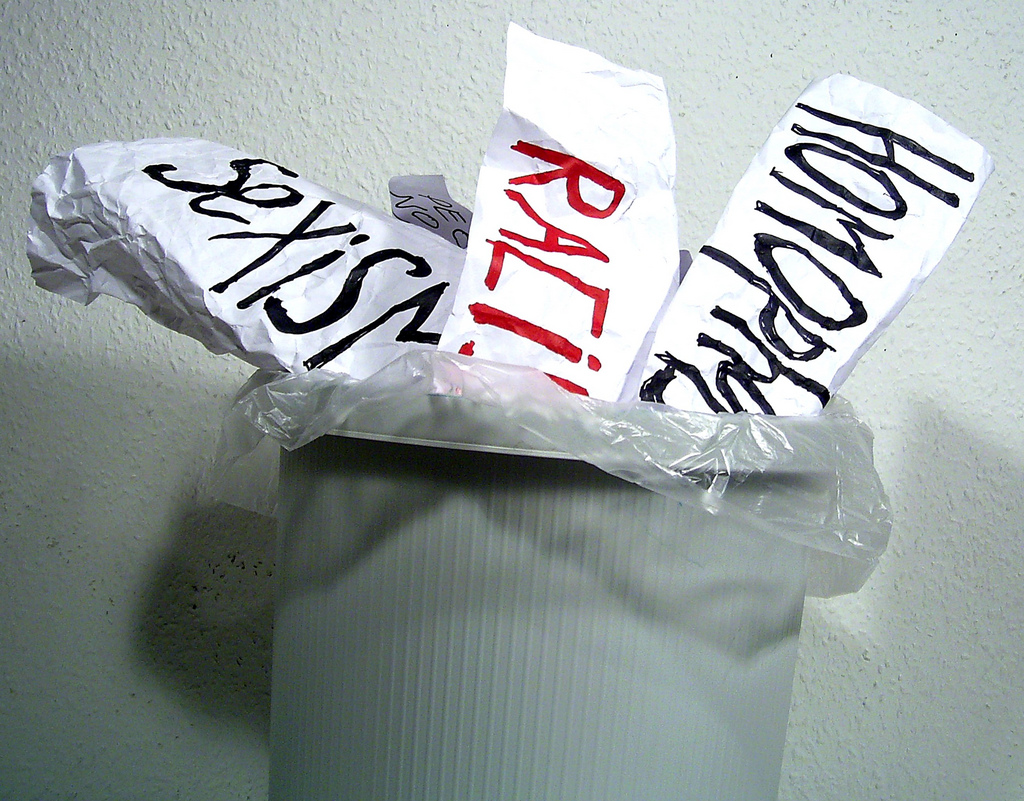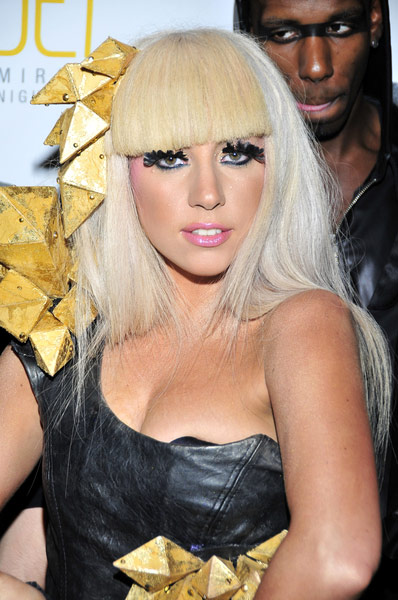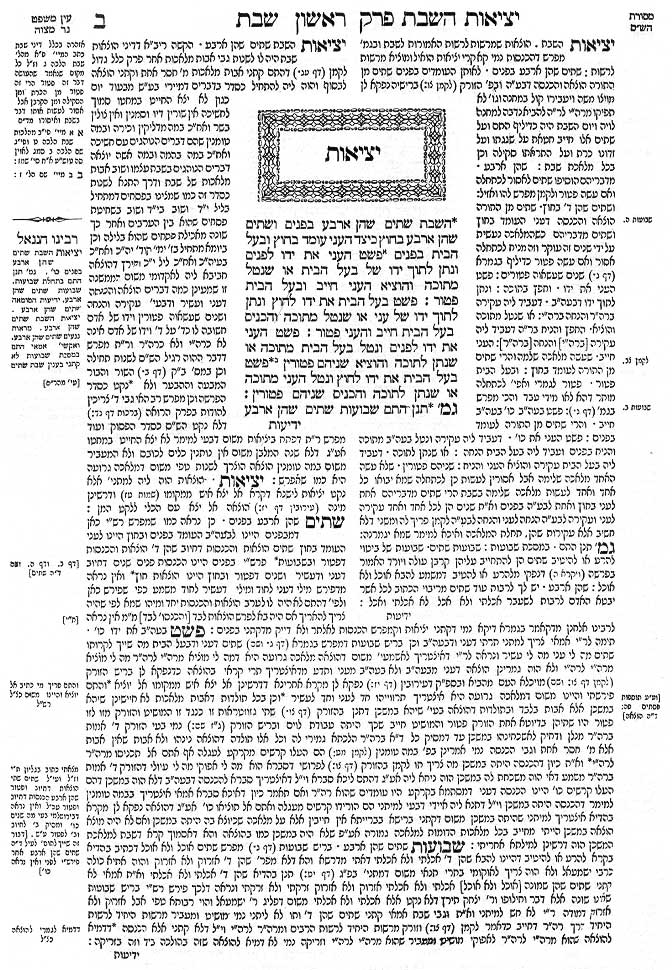Hear our voice, Lord our God; spare us and have pity on us. Accept our prayer in mercy and with favor, for you are a God who hears prayers and supplications. Our Ruler, do not turn us away from your presence empty-handed, for you hear the prayers of your people Israel with compassion. Blessed are you, God, who hears prayer.
שְׁמַע קולֵנוּ. ה' אֱלהֵינוּ חוּס וְרַחֵם עָלֵינוּ. וְקַבֵּל בְּרַחֲמִים וּבְרָצון אֶת תְּפִלָּתֵנוּ. כִּי אֵל שׁומֵעַ תְּפִלּות וְתַחֲנוּנִים אָתָּה. וּמִלְּפָנֶיךָ מַלְכֵּנוּ. רֵיקָם אַל תְּשִׁיבֵנוּ כִּי אַתָּה שׁומֵעַ תְּפִלַּת עַמְּךָ יִשרָאֵל בְּרַחֲמִים. בָּרוּךְ אַתָּה ה', שׁומֵעַ תְּפִלָּה
In this brakha (blessing) called Shema Koleinu, we ask God to listen to the praise we have given and accept all of the requests we’ve asked for. It’s in this brakha that we can insert our personal requests. It’s important that we pray on a very individual level to God, since anything that matters to a person is important enough to petition God about.
While most prayers in typical liturgy were written by men (or God), women of the past wrote their own prayers, too. Tkhines, by-women-for-women Yiddish prayer books from the 1600s, are one such example. European women often could not understand Hebrew, the language of most prayers, and were therefore left in the dark when it came to asking God for help. They took connecting to God into their own hands and wrote prayers that they could use in day-to-day life, about pregnancy, children, family, and holidays, in addition to praying for the coming of Mashiah (the Messiah) and the return to Israel. The tkhines show that Jewish women throughout history deeply valued their connection to God and wanted to maintain one (the whole point of this Women in Prayer series!).
More recently, women have written their own Haggadot, the Passover Seder text (you can find a whole list of them here). Women were instrumental in the Passover story: Shifra and Puah, the midwives that refused to kill the Jewish baby boys, Batya, the daughter of Pharaoh that took baby Moses from the Nile and raised him as her own, Jochebed, Moses’s mother, amd Miriam, Moses’s sister. I think women identify so strongly with Passover because the holiday is all about redemption, and we women are still fighting for our liberation.
I am particularly fond of Rivka Haut and Adena Berkowitz’s birkon. A birkon typically has the text of Birkat HaMazon (Grace after Meals), plus zemirot (religious songs) and some prayers. Ms. Haut’s and Dr. Berkowitz’s birkon (which they discussed at the 2010 JOFA conference) is a breath of fresh air. The birkon succeeds in including women by incorporating the text of some of the tkhines, women’s parallel to Eishet Hayil, girl baby naming ceremonies, and many other prayers and brakhot (blessings). It also discusses women’s little-known obligation in zimmun and minyan in Birkat HaMazon.
As we say this brakha, it is imperative that we remember the women of the past and present who give women a voice in prayer. Jews depend on God to give them what they need, and therefore must pray that God answers their requests. If women do not pray for equality, we will never reach full parity. Jewish women are greatly indebted to the authors of the tkhines, Haggadot, and women like Rivka Haut and Adena Berkowitz; they have given us back our voice, our ability to ask God for help. As we say this brakha, we should also pray for all of the things that do not fit into the specific themes of the other brakhot in Shemoneh Esrei. If we do not, we are lost.






















